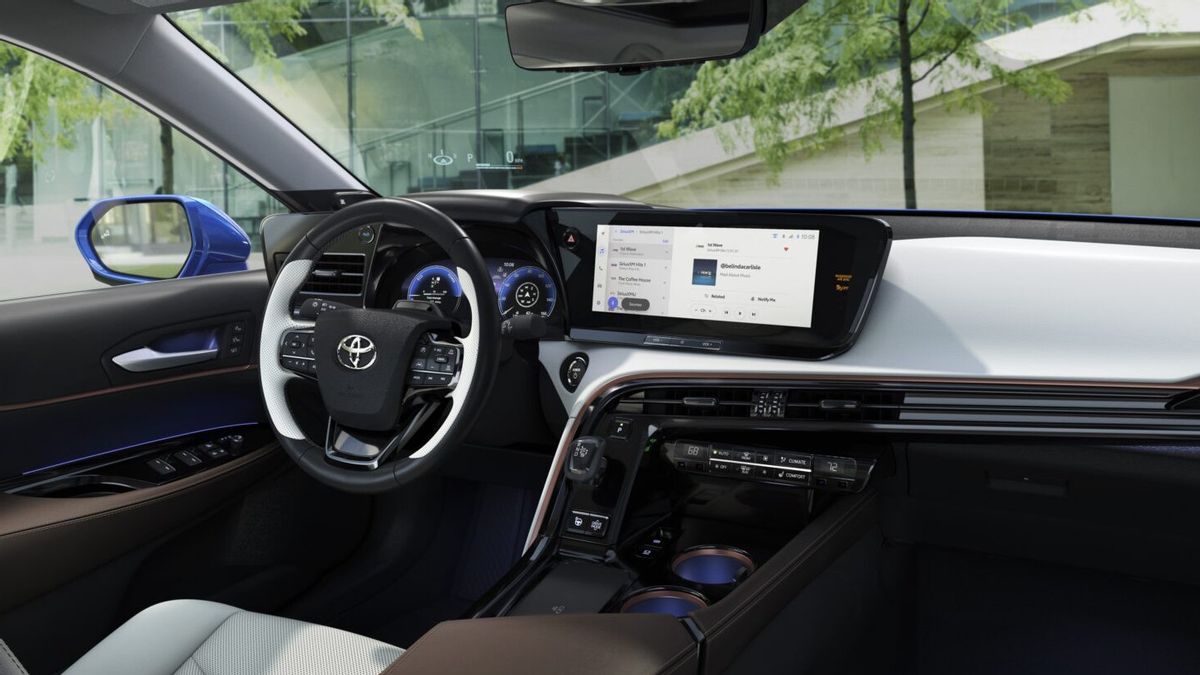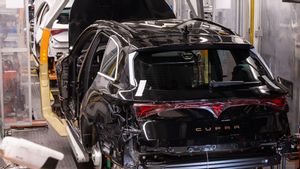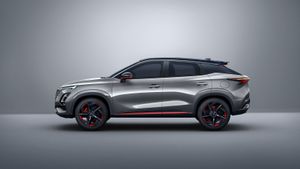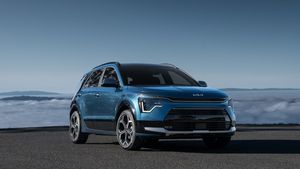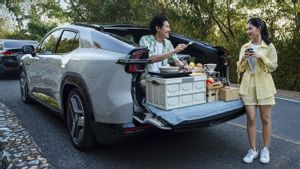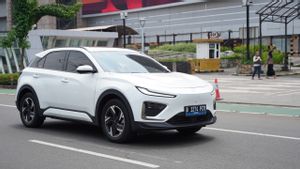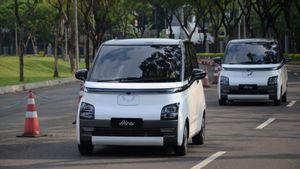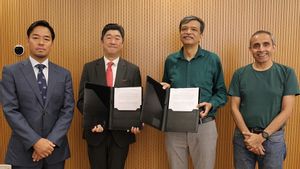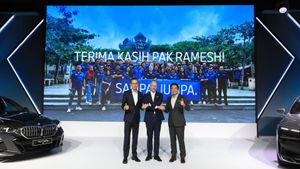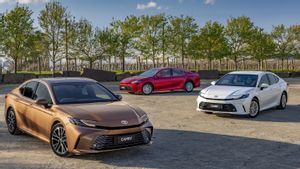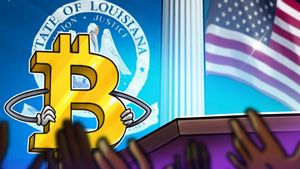JAKARTA BMW Group recently officially signed an agreement with Toyota Motor Corporation to strengthen collaboration in the development of hydrogen vehicles. BMW also has ambitions to market its first hydrogen-powered vehicle in 2028, using the fuel cell technology developed with Toyota.
Hydrogen cars offer promises for a greener future of transportation, although there are still many obstacles that must be overcome. Known as Fuel Cell Electric Vehicles (FCEVs), hydrogen cars offer various advantages, especially in terms of emissions that only produce water.
What exactly is a hydrogen car and how does it work?
Hydrogen cars utilize hydrogen gas as fuel. Unlike conventional cars that use gasoline or diesel, these cars generate energy through chemical reactions between hydrogen and oxygen. Hydrogen from the tank is channeled into fuel cells (fuel cells), where there is a process of proton separation and electrons by platinum catalysts. The electrons then flow through the circuit to produce electricity that drives the car's motor. Meanwhile, the proton joins oxygen in the air, producing water as the only emission.
SEE ALSO:
Reporting from Top Gear, September 10, one of the main advantages of hydrogen cars is that the fast refueling process, which is similar to a gasoline car, takes only a few minutes. In addition, hydrogen is a very abundant element in the universe, especially as the main component of water, so it is not theoretically difficult to access.
However, this technology also has challenges. Hydrogen is very flammable, so storage requires high-pressure tanks up to 700 bars, much higher than the pressure on ordinary car tires. This raises security-related concerns, even though modern technology has minimized these risks.
On the other hand, the infrastructure for hydrogen charging is still very limited, and the cost of building a charging station in the UK alone is around 1 million pounds (around Rp20.2 billion). This is a major barrier to mass adoption, especially in the passenger car market. Hence, commercial vehicles, such as buses and heavy trucks, are considered more suitable for using this technology because hydrogen is lighter and has a higher energy density than batteries.
The English, Chinese, Japanese, Arabic, and French versions are automatically generated by the AI. So there may still be inaccuracies in translating, please always see Indonesian as our main language. (system supported by DigitalSiber.id)
